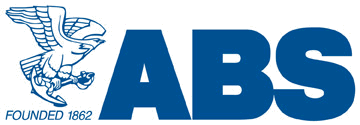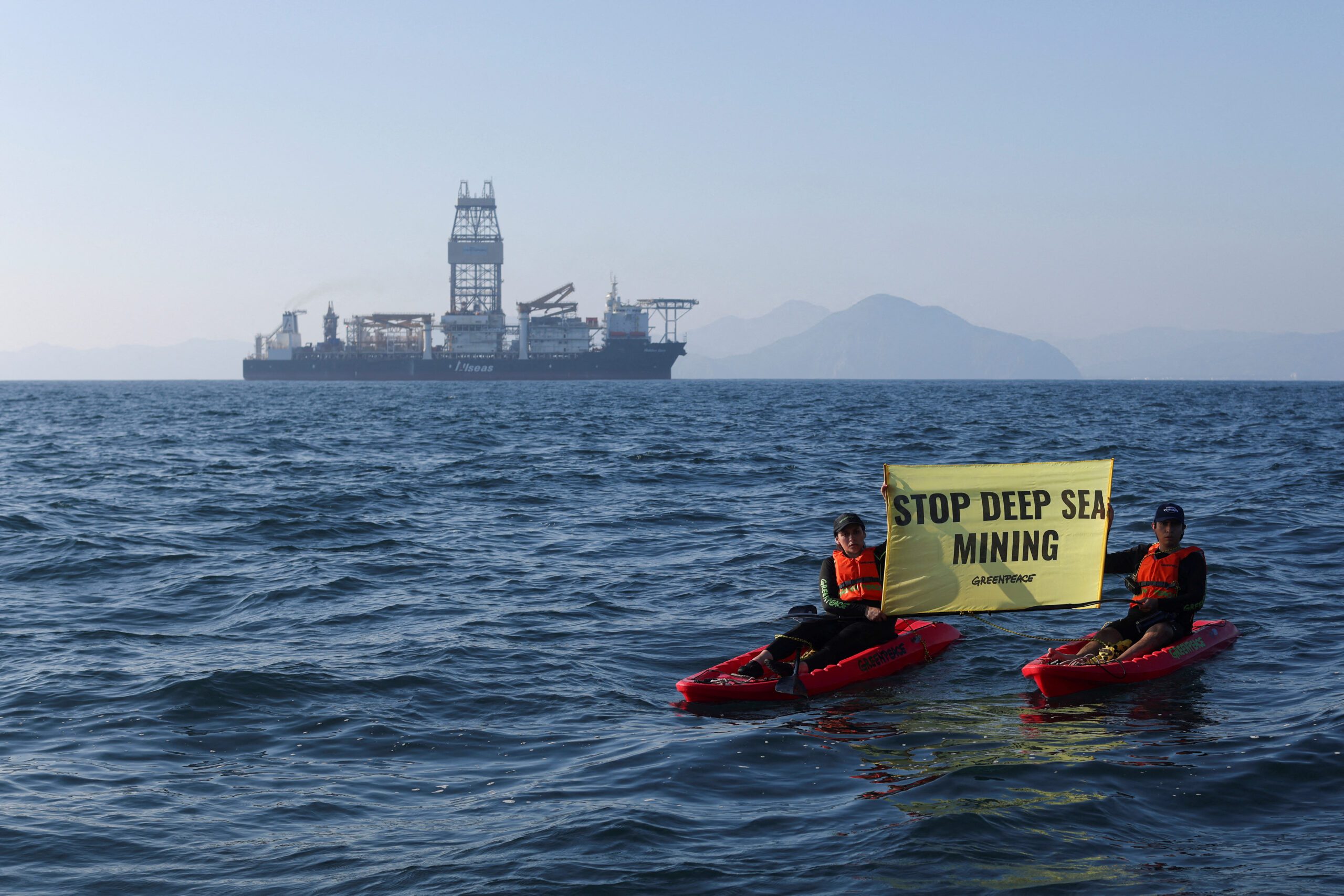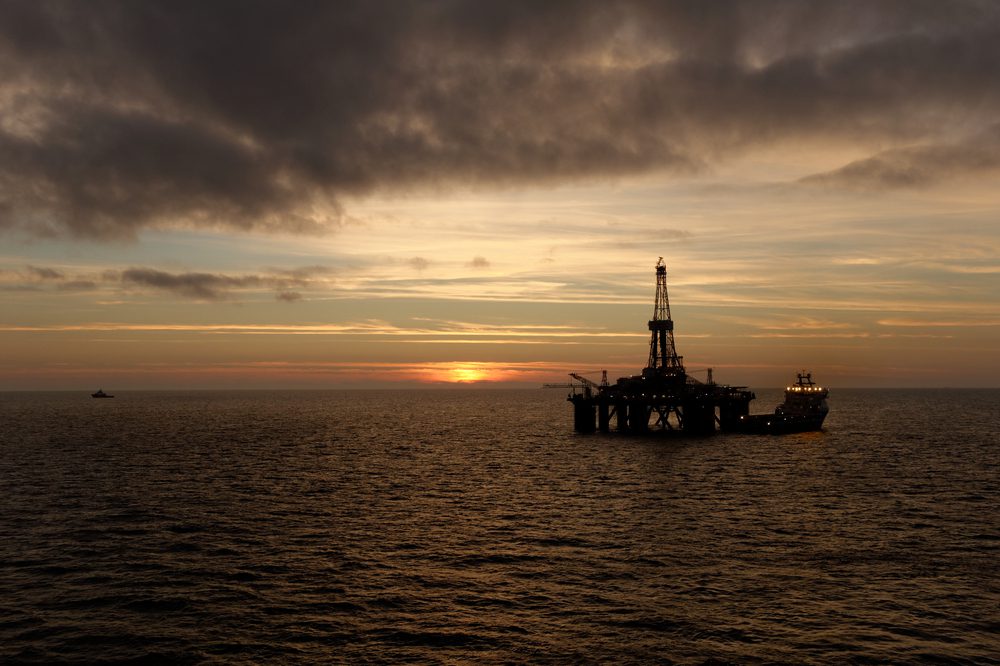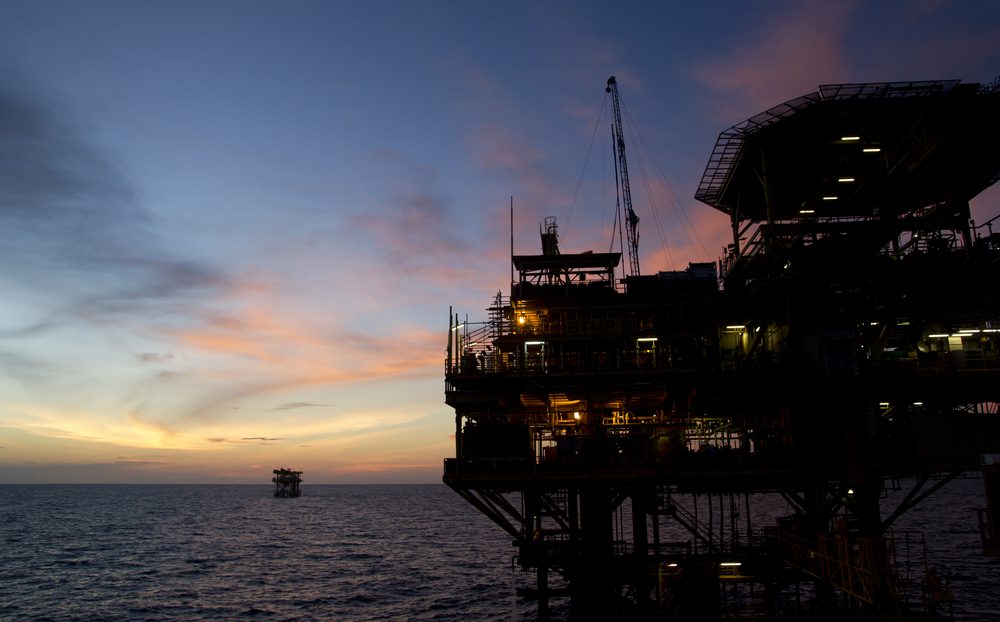 The American Bureau of Shipping will soon be re-defining the standards for crew living arrangements, the class-society said in statement posted its website. In June, they will be releasing The Guide for Crew Habitability on Workboats, a guide that will set design criteria offering improved working and living conditions for workboat crews.
The American Bureau of Shipping will soon be re-defining the standards for crew living arrangements, the class-society said in statement posted its website. In June, they will be releasing The Guide for Crew Habitability on Workboats, a guide that will set design criteria offering improved working and living conditions for workboat crews.
ABS hopes the guide will to help reduce crew fatigue, improve task performance, increase personnel and vessel safety, and assist with the ever increasing challenges of crew recruiting and retention.
Meeting the criteria of this Guide fulfills the accommodations arrangement requirements of the International Labor Organization (ILO) Conventions 92 and 133 and helps demonstrate compliance with the proposed ILO Maritime Labor Convention (MLC), Title 3 Requirements. In addition though, the ABS guidance goes beyond the requirements of ILO MLC by covering not only manned crew spaces but also other key spaces onboard such as the wheelhouse, engine rooms and service spaces.
“ABS has been at the forefront of acknowledging the importance of ‘the human element’ in safety and performance,” says ABS CEO and President Christopher J. Wiernicki. “We have one of the most innovative Safety & Human Factors Groups whose experience and guidance is recognized throughout the industry. These revised standards will help operators further improve safety onboard their vessels by reducing human error through design considerations.”
Providing extensive guidance in the areas of accommodations design, whole-body vibration, noise, indoor climate and lighting, the Guide offers designers specific metrics against three levels of habitability – HAB, HAB+ and the new optional notation HAB ++ which denotes the operator has designed or modified the workboat in a manner that offers crew the premier level of habitability available in the industry. ABS offers the industry’s only single-source document covering these aspects of habitability.
“Updates to the Guide came in large part from discussions with operators and construction yards,” says Kevin McSweeney, Manager for the ABS Safety & Human Factors Group. “Operators are seeking more ways to recruit and retain crew, and the quality of life on their vessels is becoming an increasingly important factor when competing for talent. Our customers were looking for a way to demonstrate their vessels meet the most comprehensive standards, so we developed the HAB++ notation to address this need.”
Requirements will apply to vessels falling under the categories of offshore service vessels, tug boats, tow boats, dredges, research vessels, anchor handling vessels, or other vessels providing service to offshore oil and gas exploration and production and will be made available in June 2011.
Via ABS
Tags:

 Join The Club
Join The Club












